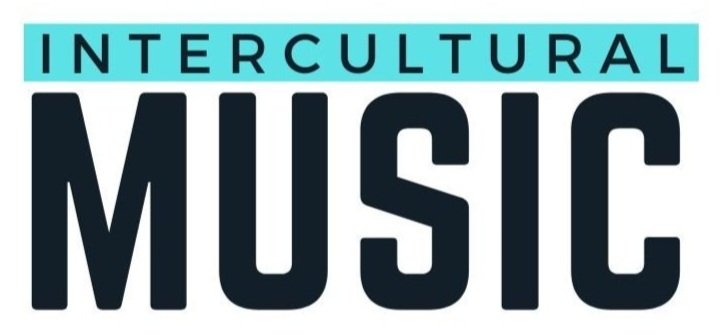Sounds of New Music with Ronnie Malley and Picosa Ensemble
April 15, 2019
7:30 pm
Wentz Concert Hall, North Central College
Program
Tanner Cassidy | Ghidora (flute/violin/piano)
Jonathon Kirk | World Premiere with Ronnie Malley (flute/clarinet/violin/cello/piano/oud)
Olivier Messiaen | Quartet for the End of Time (clarinet/violin/cello/piano)
Picosa Artists
Jennie Oh Brown | flute
Andrea R. DiOrio | clarinet
Elizabeth Brausa Brathwaite | violin
Paula Kosower | cello
Kuang-Hao Huang | piano
Jonathon Kirk | Composer-in-Residence
Picosa’s concert for the Sounds of New Music Festival features three works that represent the excellence of the North Central College Music Department. Ghidora for flute, violin, and piano was written for the ensemble in 2018 by NCC student Tanner Cassidy for the Sounds of New Music workshop. Picosa has also been developing a collaboration with multi-instrumentalist Ronnie Malley, who will be performing with the ensemble. NCC Department Chair and faculty member Jonathon Kirk writes of his new work for Picosa and Malley:
“The exciting prospect of a new collaboration between the chamber ensemble Picosa and Ronnie Malley began in the summer months of 2017. Most importantly, my interest in composing for one of Ronnie’s primary instruments, the oud, especially as it intersects with the Pierrot ensemble, stems from an enthusiasm for exploring musical sounds and traditions that are somewhat new to me. I am interested in trying to connect my natural compositional interests with more narrative dance forms. The hope is to discover the rich background of musical sources that are embedded in the complex history of an instrument (the oud) that shares its cultural origins with Eastern Roman, Jewish, Middle Eastern, and North African musics–just to name a few. This piece will experiment with various instrumental timbres for Picosa’s instrumentation–including doubling on a Hurdy Gurdy, using unconventional hand-held percussion instruments, using electronic synthesis, and the use of spatialization. I am very excited about the prospect of creating a new dance music that is born out of unconventional music making, mutual consultation, and a love of classical music traditions and dance from all over the world.”
Finally, Olivier Messiaen’s Quartet for the End of Time is a pièce de rèsistance in more ways than one and has been a featured work for NCC Music students. Picosa’s performance is a culmination of NCC theory and composition studies as students experience The Quartet for the End of Time live and up-close. Messiaen’s preface to the piece includes a quote from the Book of Revelation:
“And I saw another mighty angel come down from heaven, clothed with a cloud: and a rainbow was upon his head, and his face was as it were the sun, and his feet as pillars of fire … and he set his right foot upon the sea, and his left foot on the earth …. And the angel which I saw stand upon the sea and upon the earth lifted up his hand to heaven, and sware by him that liveth for ever and ever … that there should be time no longer: But in the days of the voice of the seventh angel, when he shall begin to sound, the mystery of God should be finished …”
Quartet for the End of Time was written while Messiaen was held in a prisoner of war camp in Germany, now in Poland, during World War II. Fellow prisoners premiered the quartet outside in the freezing rain on January 15, 1941. The title of the work “The End of Time” not only refers to a representation of the apocalypse, but also musically to an end to traditional concepts of time. Messiaen was a contemporary French composer who drew inspiration not only from his connection to the Paris Conservatory and his life as a noted contemporary composer, but also from non-western influences from Japan and Indonesian Gamelan, and perhaps most notably in nature itself through birdsongs.
Introducing this epic quartet on the program are two contrasting works. Vivaldi’s Concerto in D Major, RV 84 is a light and charming baroque work that will be performed in a modern context on flute, violin, cello, and piano. Chicago composer Seth Boustead’s Three for Zhou B for flute, clarinet, violin, and cello will be performed with artwork displayed by celebrated contemporary Chinese-American artists the Zhou brothers, ShanZuo and DaHuang Zhou. Join us for this eclectic program that explores the light with the dark and everything in between.


